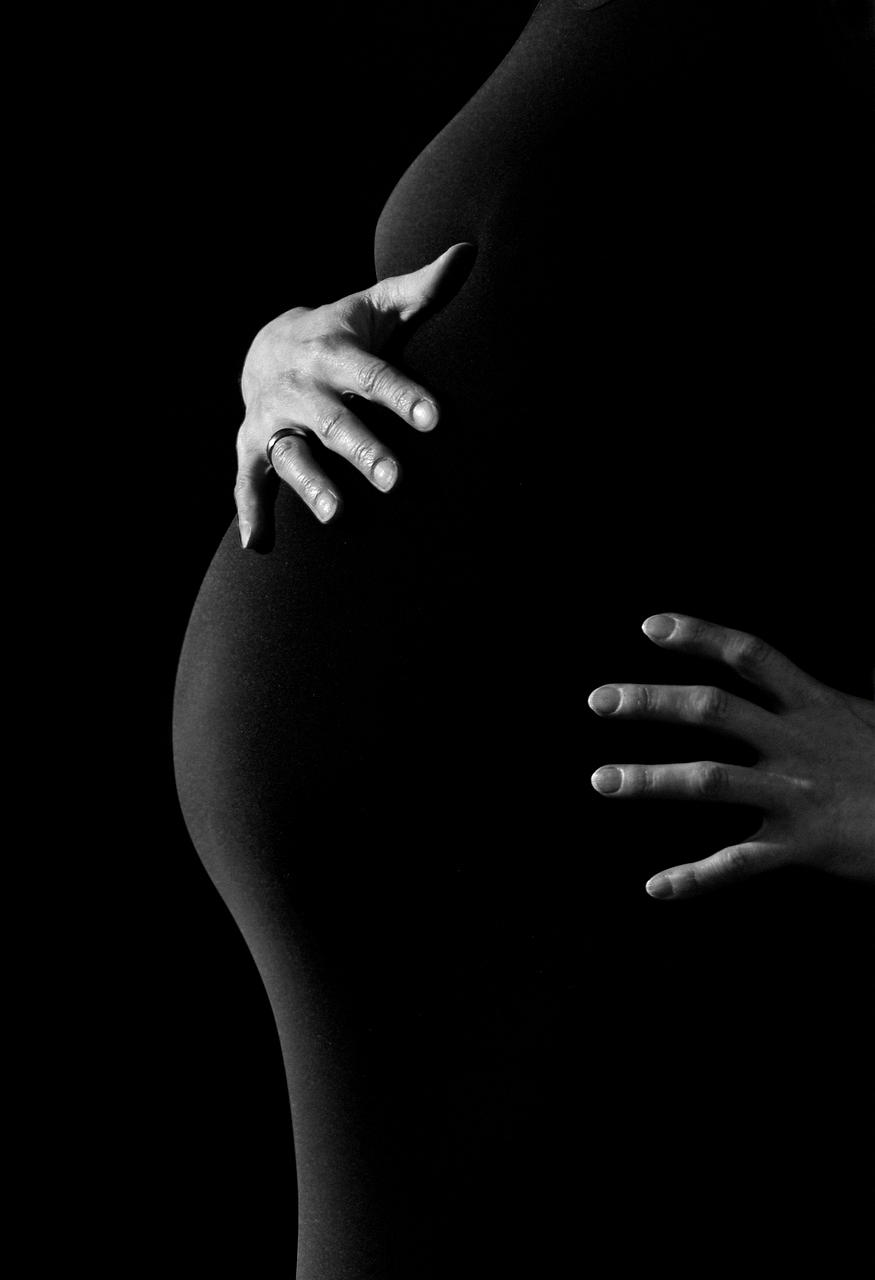When it comes to feeding infants and young children, the safety and nutritional value of the food they consume are crucial considerations. One question that often arises is whether it is safe to give a baby raw unpasteurized milk. Let’s take a closer look at this topic to better understand the potential risks and benefits.
Understanding Raw Unpasteurized Milk
Raw unpasteurized milk is milk that has not undergone the process of pasteurization, which involves heating the milk to kill potentially harmful bacteria and other germs. While some people believe that raw milk retains more nutrients and enzymes compared to pasteurized milk, it also carries a higher risk of bacterial contamination.
The Dangers of Raw Milk
Raw milk can contain harmful bacteria such as Salmonella, E. coli, and Listeria, which can cause serious illnesses, particularly in young children, pregnant women, the elderly, and individuals with weakened immune systems. These bacteria can lead to symptoms like diarrhea, vomiting, fever, and in severe cases, hospitalization and even death.
Risks for Babies
Babies and young children are particularly vulnerable to foodborne illnesses caused by consuming raw milk due to their developing immune systems. Their bodies may not be able to fight off harmful bacteria as effectively as adults, putting them at a higher risk of severe complications from foodborne pathogens.
Recommendations from Health Experts
Health organizations such as the American Academy of Pediatrics and the Centers for Disease Control and Prevention strongly advise against giving infants and young children raw unpasteurized milk. The potential risks outweigh any perceived benefits, and pasteurization is considered essential to ensure the safety of dairy products for vulnerable populations.
Alternatives to Raw Milk for Babies
For infants who are not breastfeeding, it is recommended to feed them with formula or pasteurized milk that meets the nutritional needs of growing babies while minimizing the risk of foodborne illnesses. These commercial products undergo strict safety measures to ensure they are free from harmful bacteria.
The Importance of Safe Feeding Practices
Ensuring the safety of the food given to infants and young children is paramount for their health and well-being. Following guidelines from healthcare providers and reputable sources can help parents make informed decisions when it comes to selecting appropriate foods for their little ones.
Final Thoughts
While the debate between raw unpasteurized milk and pasteurized milk continues, the consensus among health experts is clear: raw milk poses significant risks, especially for vulnerable populations like infants. When it comes to feeding babies, prioritizing their safety and health by choosing pasteurized and safe alternatives is crucial.

